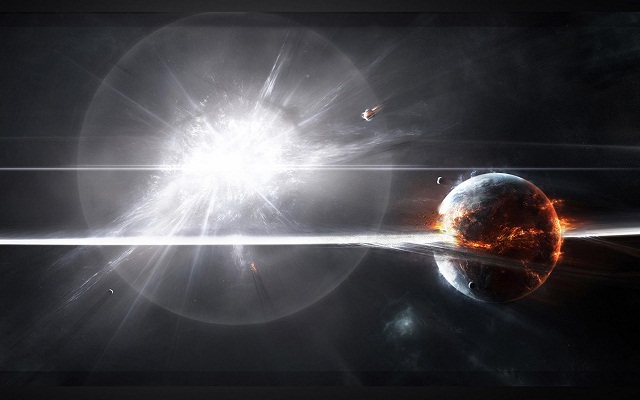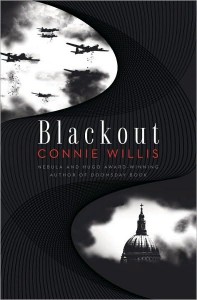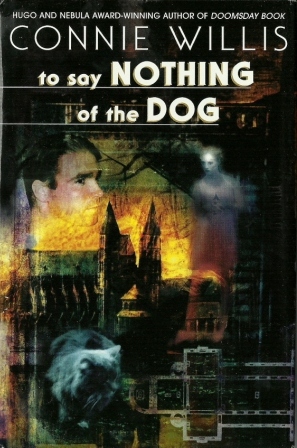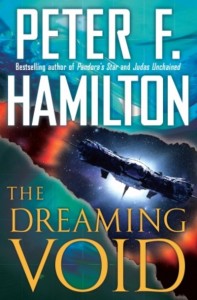 Adelaide, Australia reached 113 degrees F. in the first week of this year, with higher temperatures expected elsewhere. The Australian interior anticipates temperatures widely topping 120 F. this summer. Forecasters and climatologists have added two new colors to the temperature mapping system in Australia.
Adelaide, Australia reached 113 degrees F. in the first week of this year, with higher temperatures expected elsewhere. The Australian interior anticipates temperatures widely topping 120 F. this summer. Forecasters and climatologists have added two new colors to the temperature mapping system in Australia.
It bears consideration that our planet is not a static system. The Sahara wasn’t always a desert. West Texas was once an inland sea. And climatic change doesn’t necessarily take thousands of years to progress.
Inconvenient truth. Al Gore couldn’t have chosen a better title, unless, perhaps, he’d borrowed a phrase from Douglas Adam’s ‘Life, the Universe, and Everything’. A snatch of dialoge :
“True? Of course it’s true.”
“… then we don’t stand a whelk’s chance in a supernova.”
“A what?” said Arthur sharply again. He had been following the conversation doggedly up to this point, and was keen not to lose the thread now.
“A whelk’s chance in a supernova,” repeated Ford without losing momentum. “The …”
“What’s a whelk got to do with a supernova?” said Arthur.
“It doesn’t,” said Ford levelly, “stand a chance in one.”
This passage and the chapter it’s from didn’t specifically refer to climate change, but rather concerned a galactic disaster born of tribal differences and impending war, but Adams, as so often in his quirky fiction, made the brilliant leap in linking the most extreme of environmental disasters, “a whelk’s chance in a supernova”, to the pernicious, wasteful distraction of tribal warfare.
My birth tribe has been American West-European Judeo-Christian Transplants with a big dose of New York regionalism.
My chosen tribe has become the tribe of listening, thinking, analytical, scientific, mystic/mythic-skeptic, who would prefer to not hurt a spider, because they are much harder to put back together than they are to take apart. This tribe transcends race and region, because listening and thinking, although not universal, is widespread. Pursued in a healthy manner, and to a logical outcome, listening and thinking will generally result in kindness, tolerance, and empathy.
If you aren’t spending all your time fretting about who’s god is the real god, and imagining that your birth-tribe is the best and only GOOD tribe, there actually IS time enough in the day to step back, and connect the dots on climate change, and maybe take a step or two back from ending up as a sizzling amuse bouche of escargot in clarified butter.

I’ll save you looking it up, as I had to do. A whelk is a snail…



